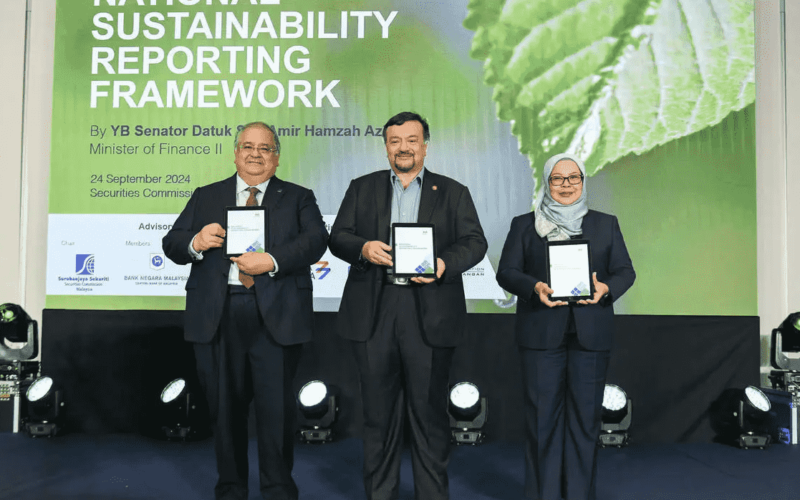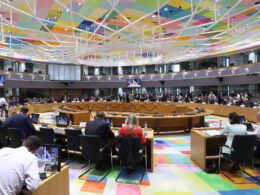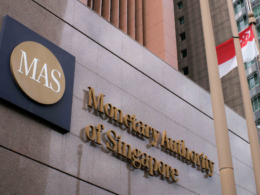Malaysia has launched its National Sustainability Reporting Framework (NSRF), which will require listed companies on Bursa Malaysia’s Main Market and ACE Market, along with large non-listed companies generating annual revenue of RM2 billion and above, to comply with enhanced sustainability disclosure standards. The implementation will be phased in, starting in 2025.
The Securities Commission Malaysia (SC) confirmed that the NSRF is aligned with the IFRS Sustainability Disclosures Standards issued by the International Sustainability Standards Board (ISSB). This aligns Malaysia with over 20 global jurisdictions, representing a combined global GDP of 55%, that have adopted or are moving towards implementing the IFRS S1 and S2 standards, focused on sustainability and climate-related financial disclosures.
In the first phase, effective in 2025, large listed companies on the Main Market with a market capitalisation of RM2 billion and above will need to comply with these standards, with the first report due in 2026. By 2026, the requirement will extend to all listed companies on the Main Market, and by 2027, it will apply to ACE Market companies and large non-listed firms.
SC Chairman Datuk Mohammad Faiz Azmi emphasized the importance of this framework during his speech at the NSRF launch, noting that these large listed companies represent over 80% of the market capitalisation of Bursa Malaysia. “You are the ones with significant impact on the capital markets,” Faiz said. He further stressed that Malaysia, as a major player in the global supply chain, must embrace these standards to meet the growing demands of international purchasers focused on sustainability.
Finance Minister II Datuk Seri Amir Hamzah Azizan highlighted that the NSRF will provide critical information to investors and financiers to support capital allocation decisions, adding that sustainability is now a necessity, not an option. “Companies worldwide are being held to higher standards of environmental and social performance, and Malaysia is no exception,” he said.
Following the NSRF launch, Bursa Malaysia issued a public consultation paper seeking feedback on proposed sustainability reporting enhancements. It is also gathering input on general meeting procedures and the publication of IPO advisers’ names in public documents.
The phased adoption of the ISSB standards is expected to better position Malaysia’s businesses in the global market, aligning them with international sustainability practices and ensuring their competitiveness.






















